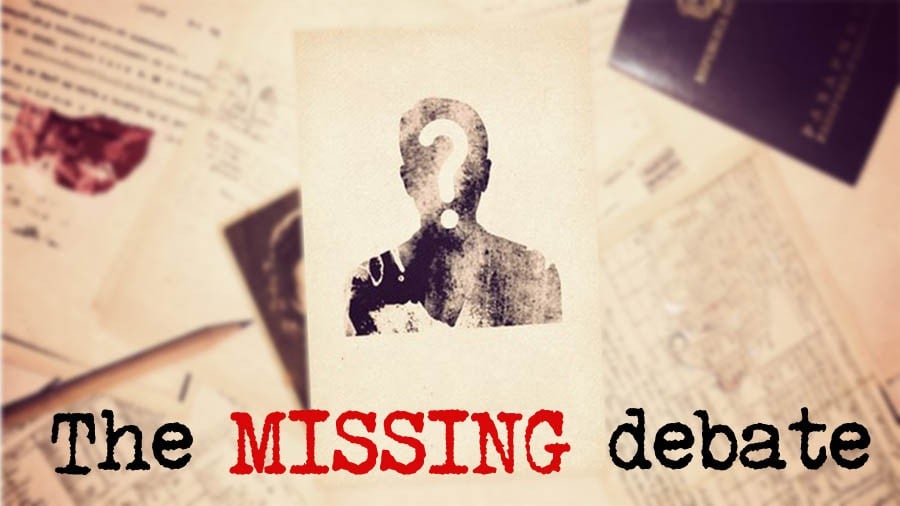
Looking at the issue of enforced disappearances in Pakistan and what should be done about it

August 30 is marked every year as the international day for victims of enforced disappearances. And so it was in Pakistan too, as if to remind everyone that the issue is alive and steadily rising in the country and that the clamour against people going missing must not die down. The thin attendance of these meetings across the country must not confuse people about the impunity of the state.
In the beginning of this year alone, apart from the usual figures of disappeared people attributed largely to security, there were dissenters of state policies on social media who were abducted and allegedly tortured to silence. In recent months, more members of nationalist parties in Sindh have gone missing and many of them have been found dead.
In our Special Report today, we have tried to look at the issue in its entirety, beginning with how it first appeared to how the state has expanded its writ in disappearing (yes it’s a verb now) more people, without showing any respect for nationally and internationally recognised principles of human rights and fair trial. There has been specialised legislation -- Action in Aid of Civil Power, internment centres and other anti-terror laws -- to almost legalise enforced disappearances.
And yet the phenomenon refuses to die while the structural constraints remain. It is easy to say that enforced disappearances are not criminalised in this country but how can you do that, as Senator Farhatullah Babar suggests, till the state agencies are not brought under the ambit of legislation.
As things stand, the burden of initiative is placed too much and rather unfairly on the judiciary. What we have got as a result is a commission of inquiry which is toothless to say the least. It is the parliament that has a much larger role to play in not just sorting out this issue but by doing so strengthening itself and the civilian players and, thus, bringing more transparency, accountability and empathy into the system.
It is important to humanise statistics. Each person who is taken away from his family and legal representatives, and close to physical and psychological torture needs to be protected. Missing persons are a matter of collective shame and everyone must speak out to bring them back.